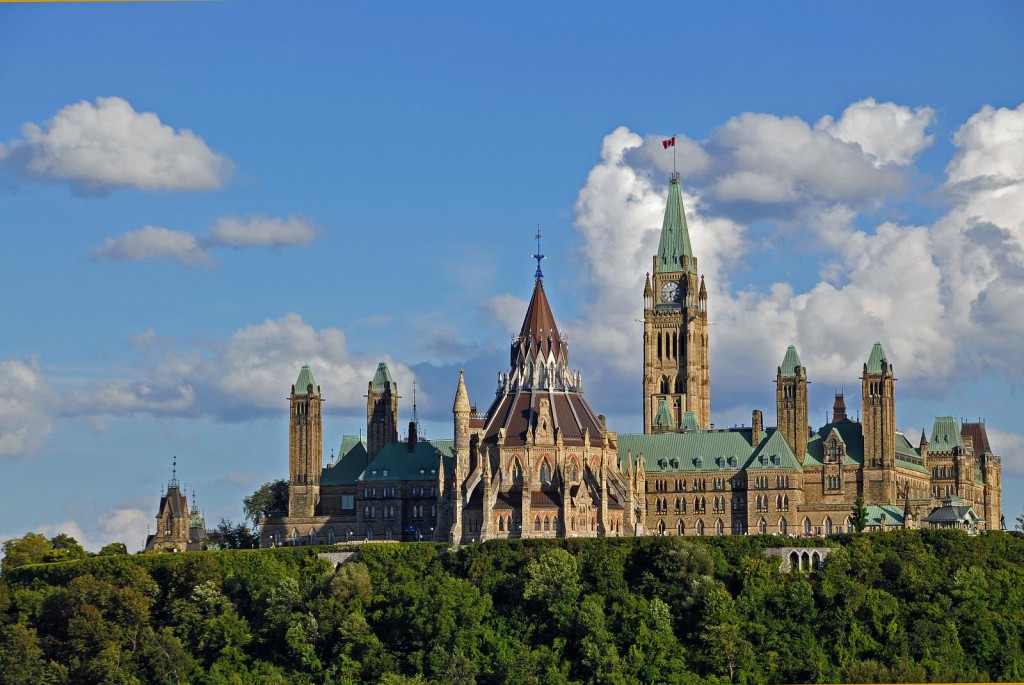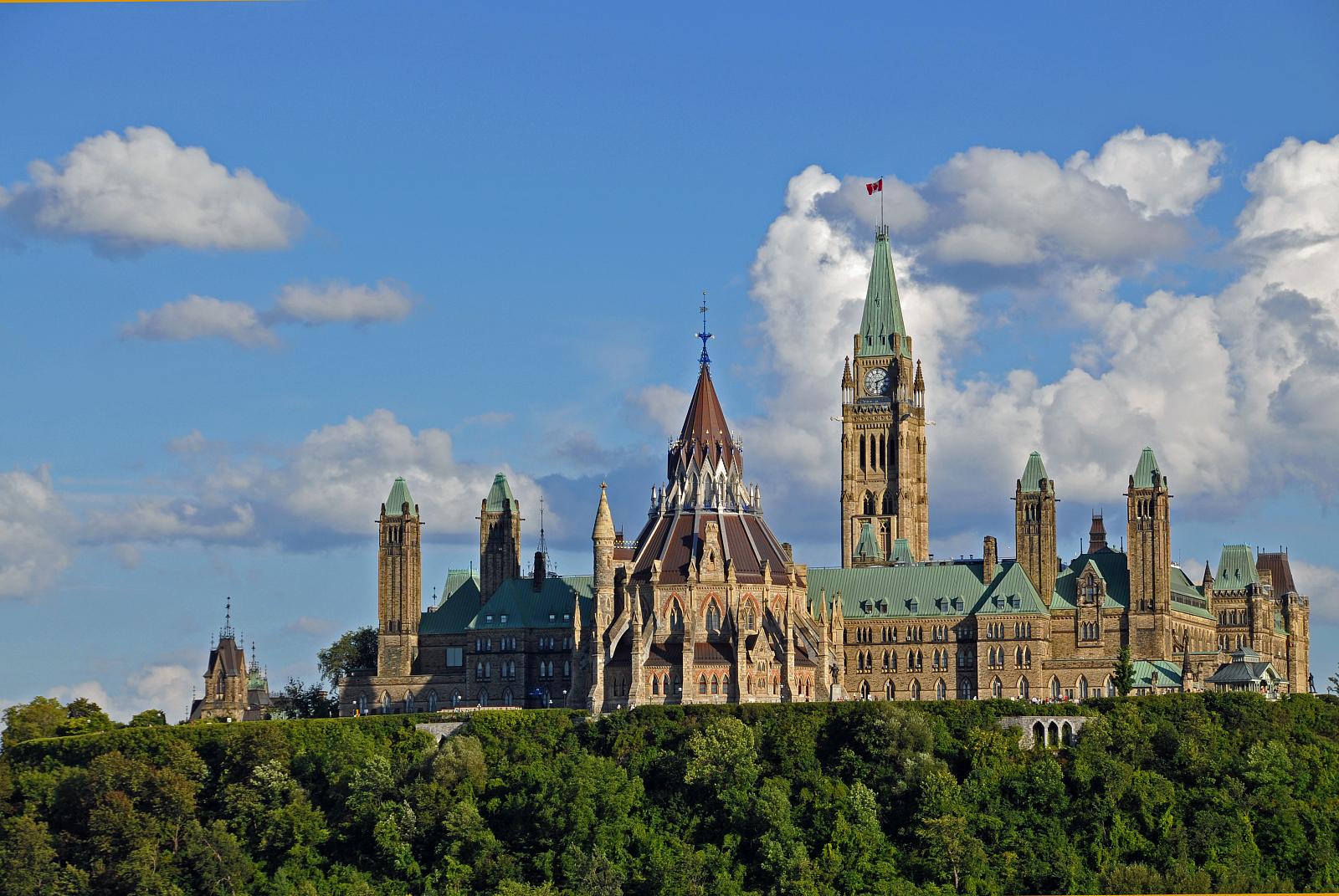By Jess Wind (The Cascade) – Email
Print Edition: November 27, 2013

No longer will the voices of students fall on deaf government ears. Student Union Society (SUS) president Shane Potter and VP academic Kristianne Hendricks recently headed east to Ottawa as UFV delegates for the Canadian Alliance of Student Associations (CASA) to bring the requests of post-secondary students to the doorstep of Canada’s policy makers.
“In a period of three days, [CASA delegates] had over 150 meetings with ministers, senators, and other policy makers, asking them to consider the needs of post secondary students,” Hendricks says.
Their requests considered the Canada Student Loan program, mental health, international students, and many more issues that affect students across the country.
Regarding issues specific to UFV students, Hendricks explains they focused on the exemption of in-study income and single vehicle possession as well as RRSP contributions from the assessment process of loan applications.
“[In-study income exemption] pertains most directly to the requests that we are getting from UFV students, particularly those who are working,” she says adding that vehicle RRSP exemption is also important “particularly [for] those mature students returning to school. This [request] would allow mature students to return to school without jeopardizing their retirement.”
With elections upcoming in 2015, Hendricks explains that now is the time to voice concerns for students. She is excited to see post-secondary concerns on the political platforms come election season and notes that there was interest in their meetings with government officials.
“After going through this week, I saw first-hand how seriously MPs take us when we meet with them. I saw the power of speaking on behalf of so many students from across the country,” she says. “I heard comments like ‘you are the most respected student lobby group on the hill’.”
She notes that changes will not be made overnight or easily, but that CASA came up with creative solutions.
“The current government is known for their hesitancy to spend money, so CASA directed many of its [requests] in such a way that spending wouldn’t be required,” Hendricks says. “With [2015] just around the corner, many politicians are going to want to wait to make big changes so that we remember them when it comes time to vote.”
A two-way street is necessary for making change. Hendricks explains that the voice of CASA is louder when students get involved and vote, something they are working toward making easier.
“CASA is also working on bringing voter stations to our campuses to make it easier for students to vote,” she says. “Elections Canada has listened, and will be running a pilot project at 20 schools across Canada in 2015, though we don’t yet know if UFV will be one of these.”


